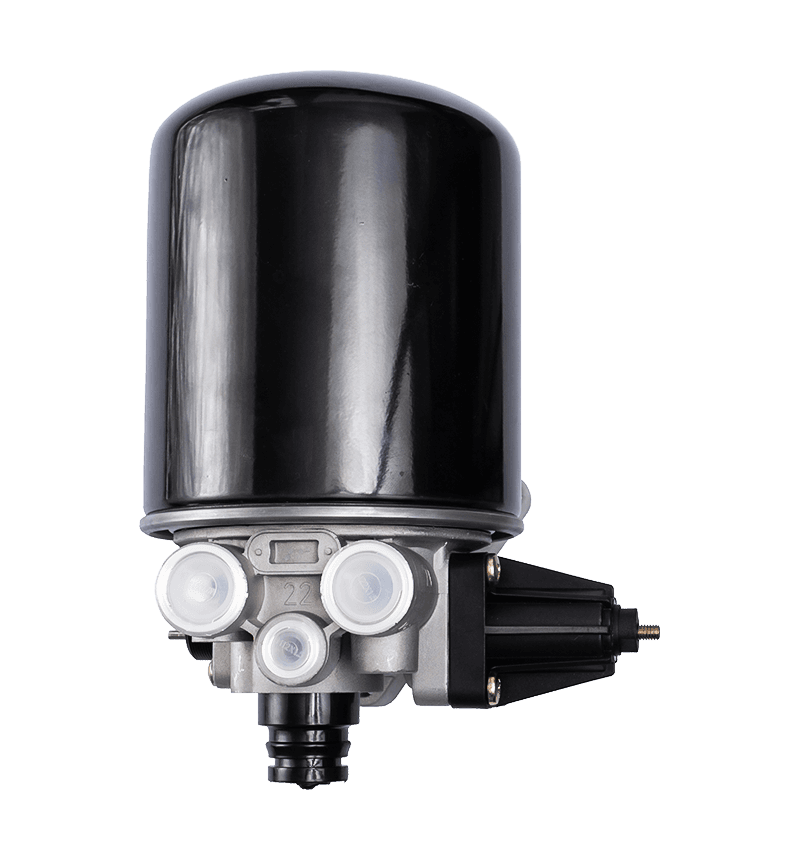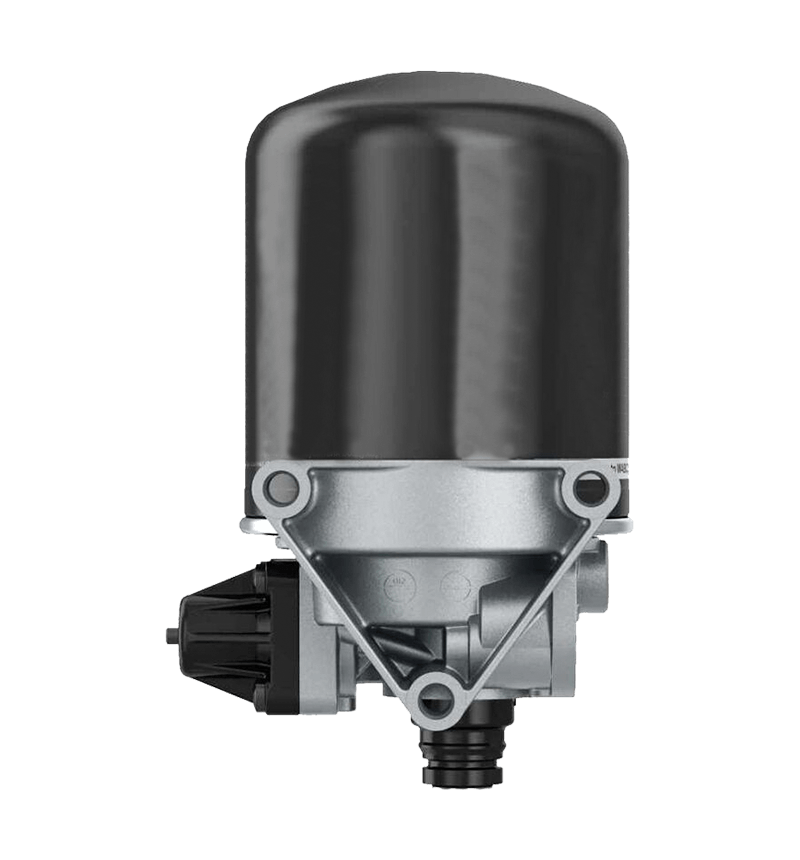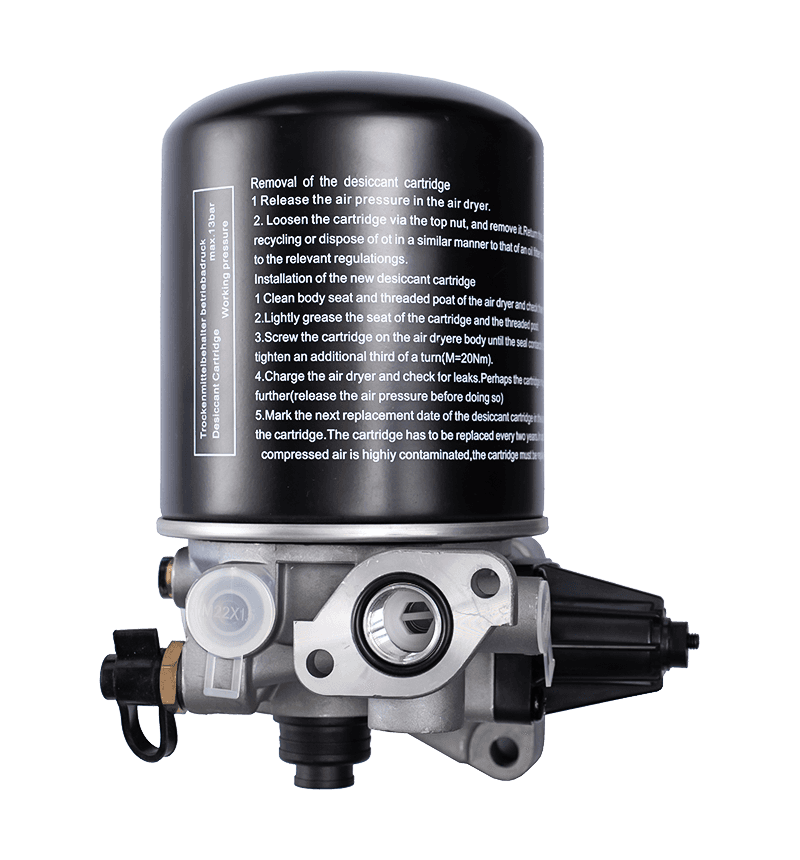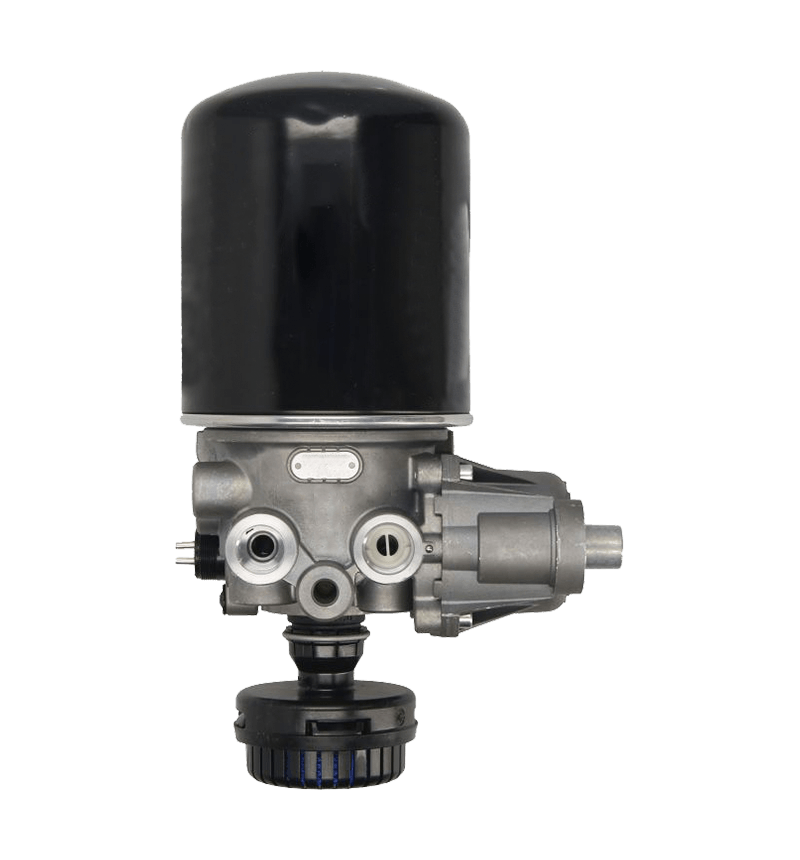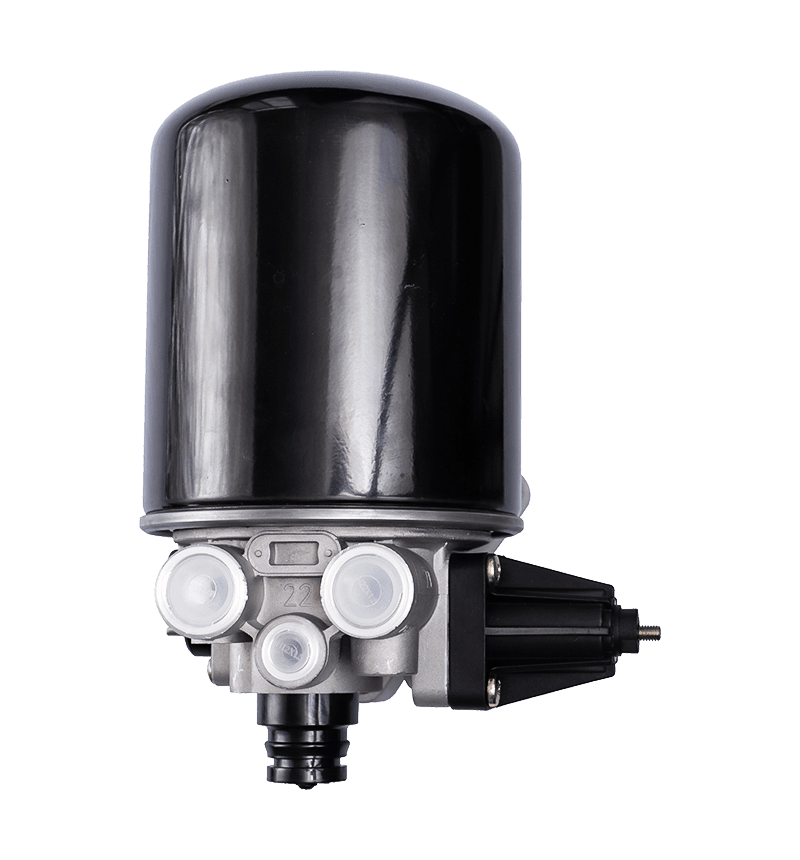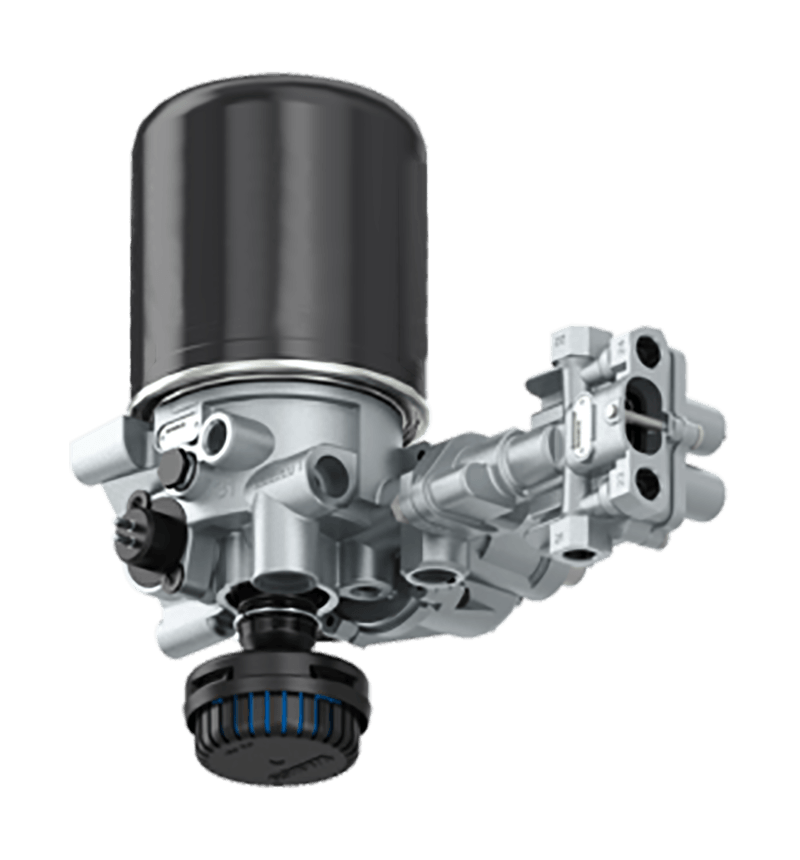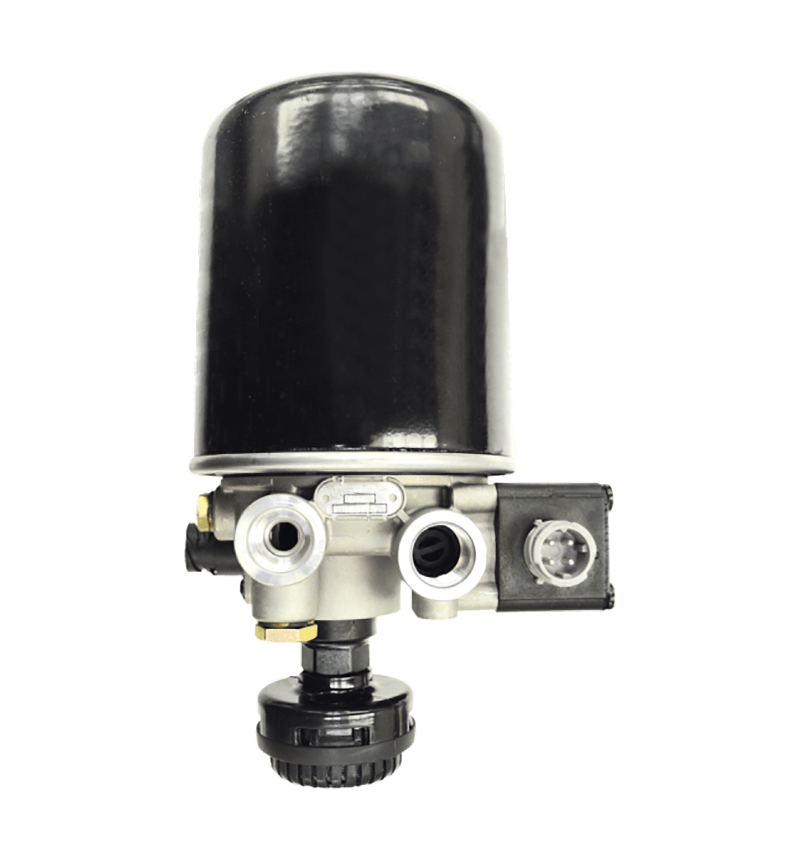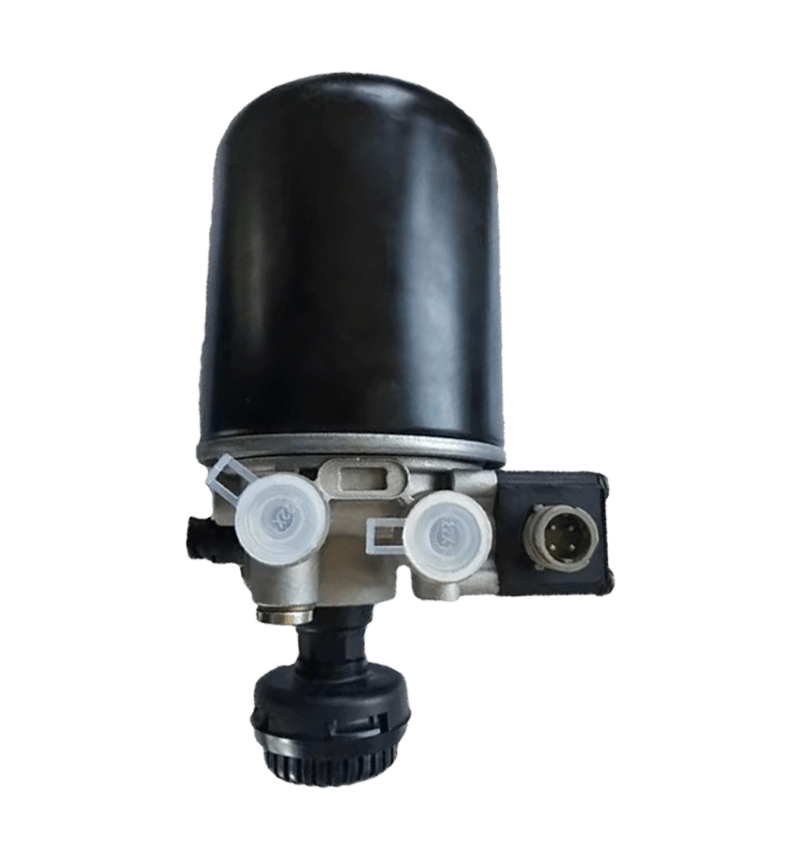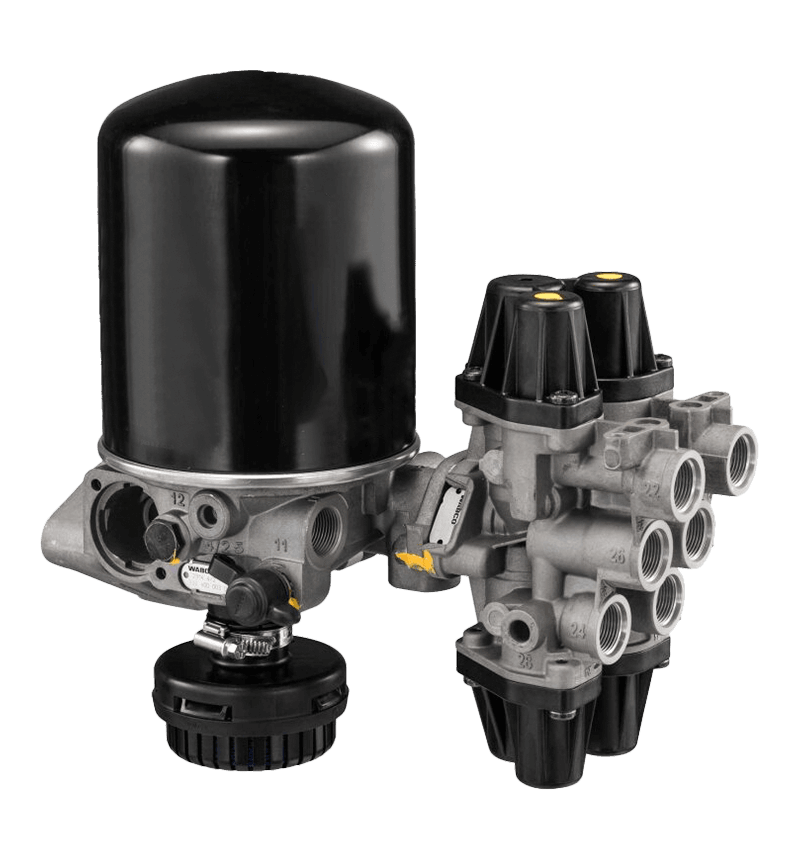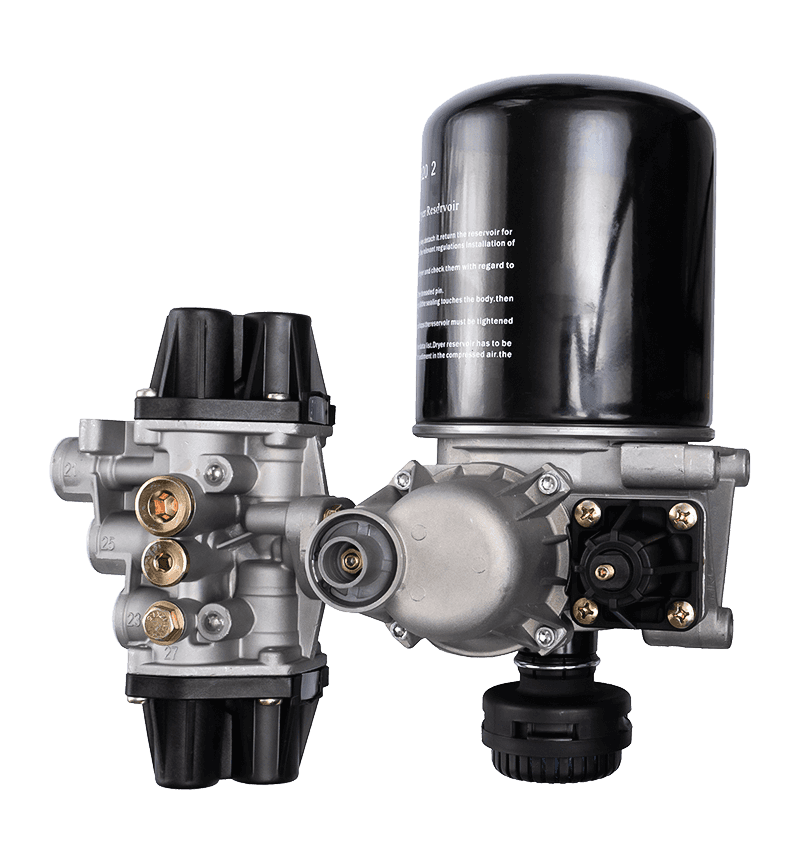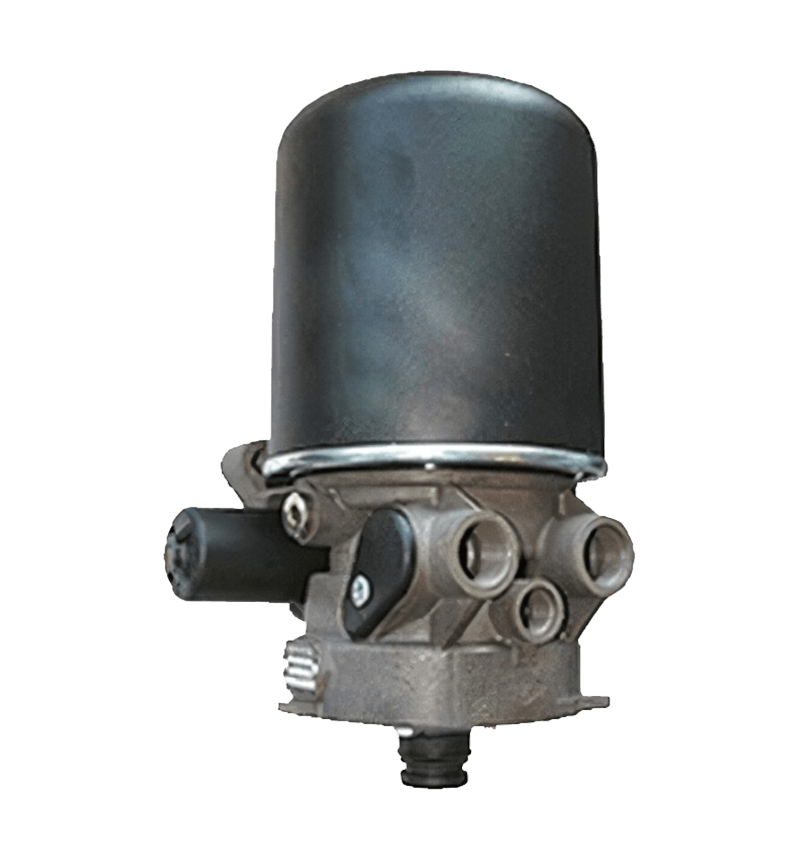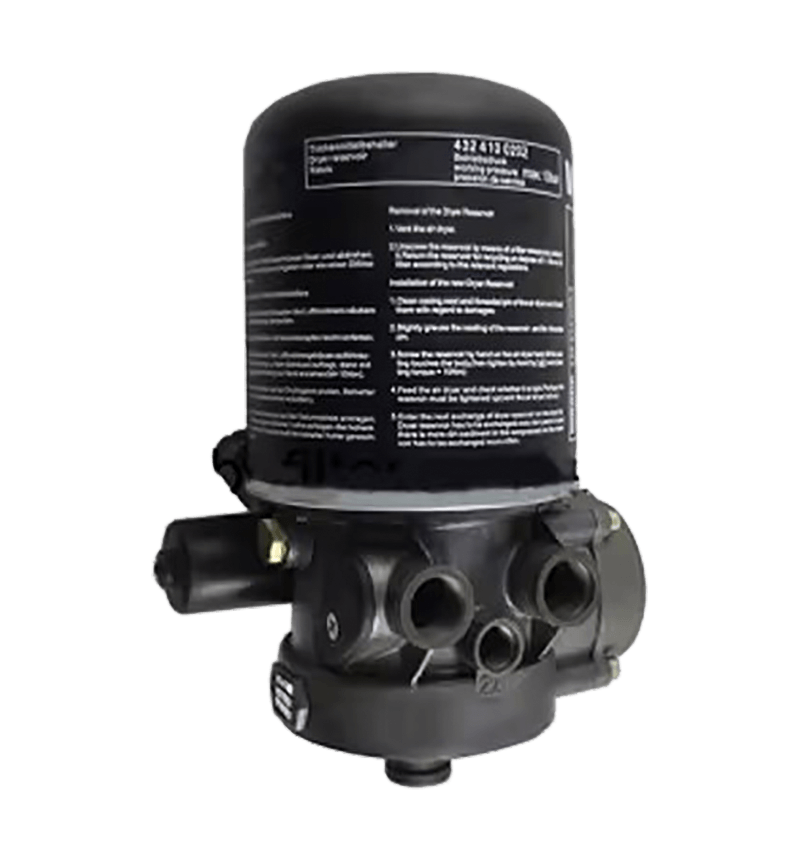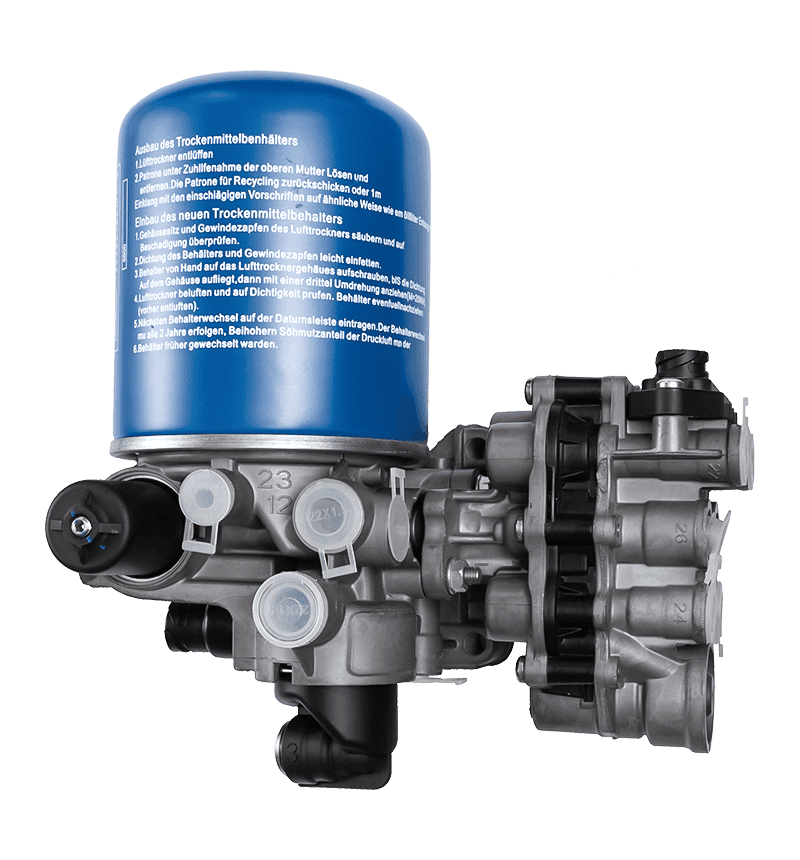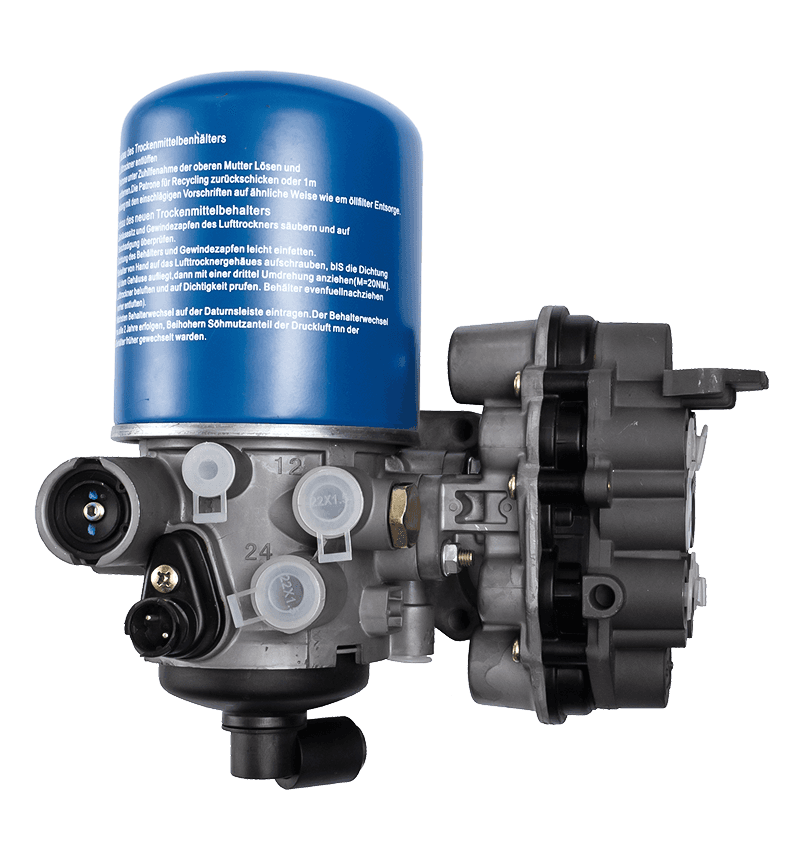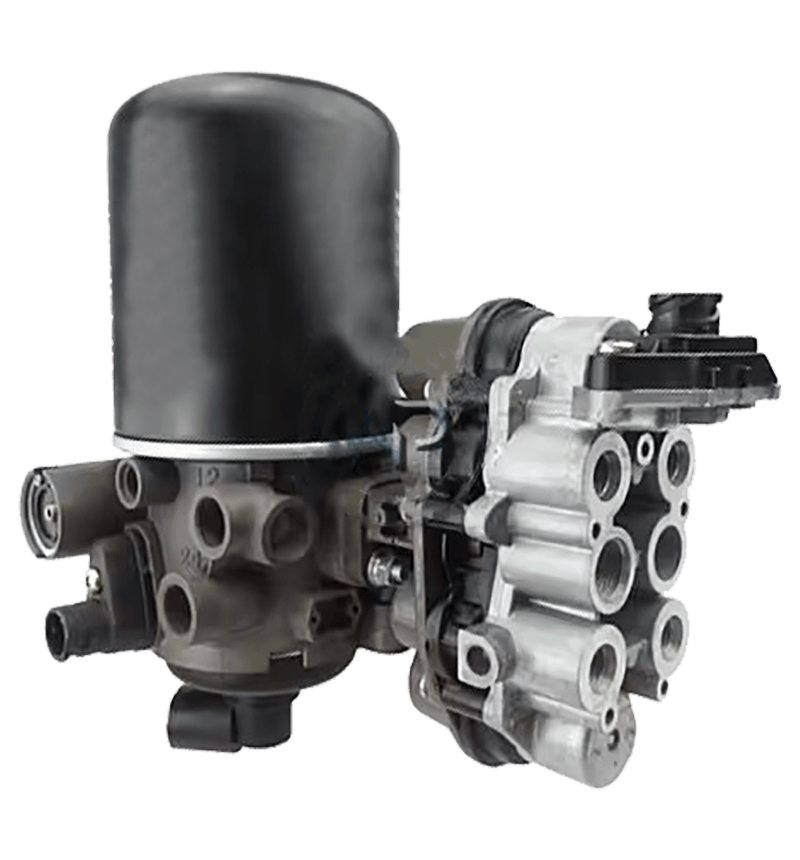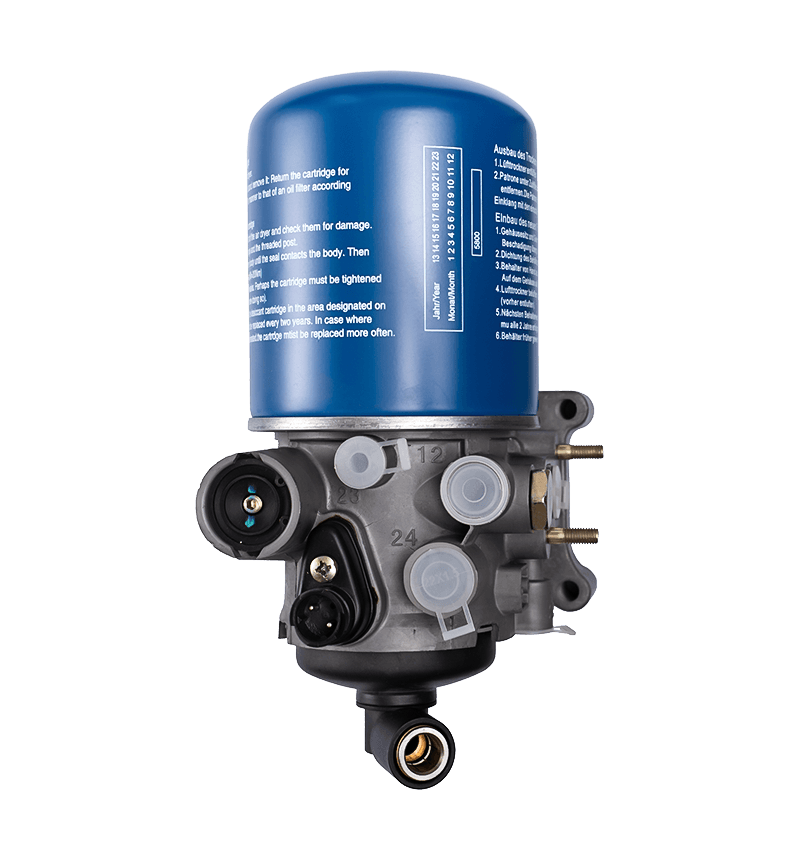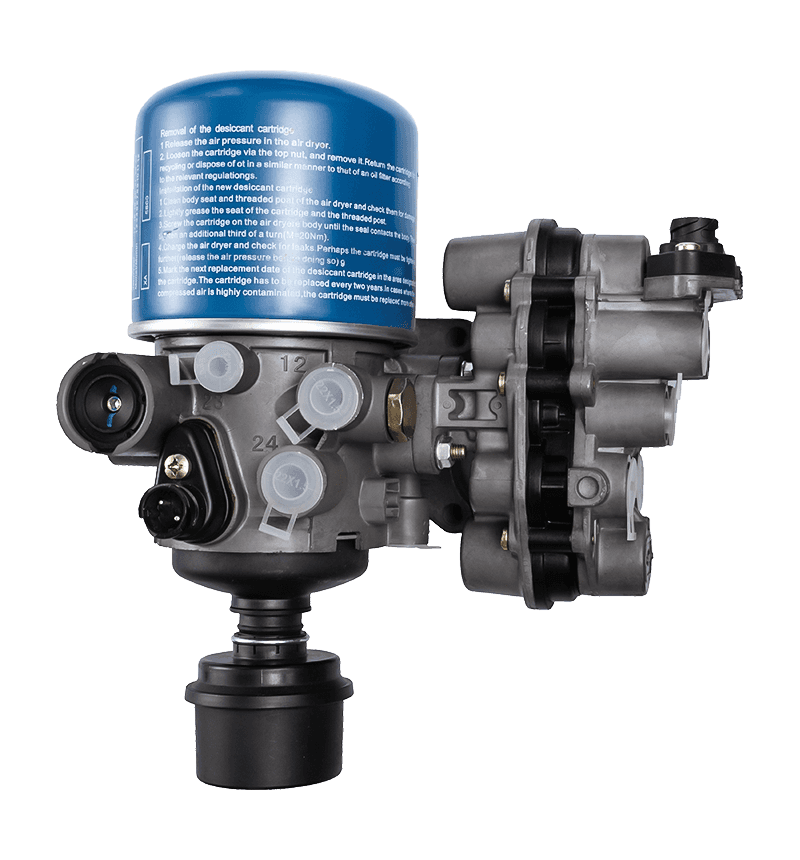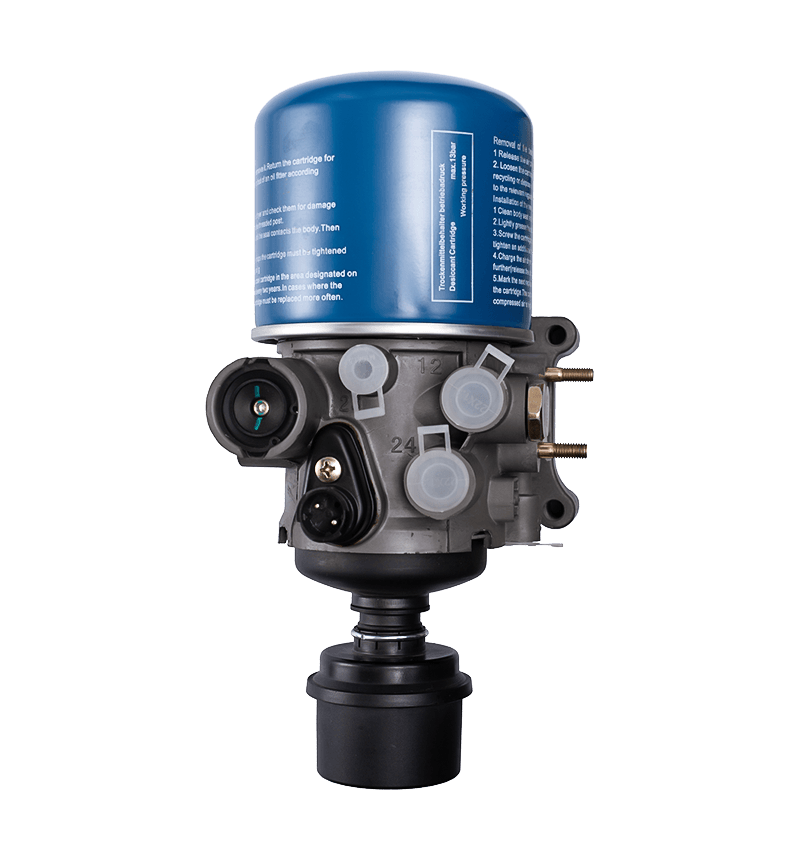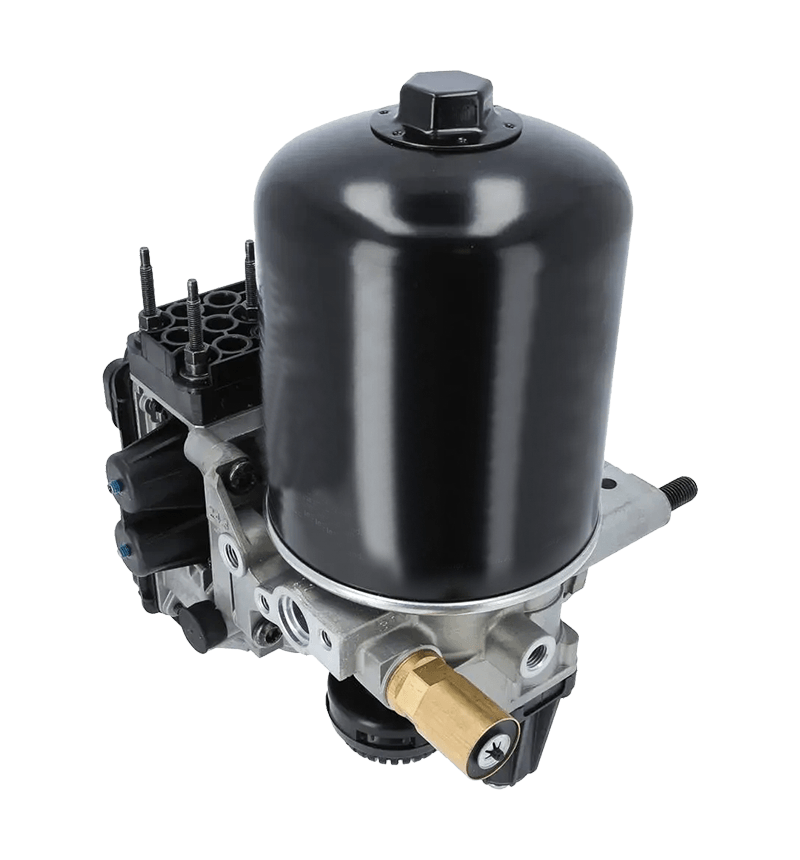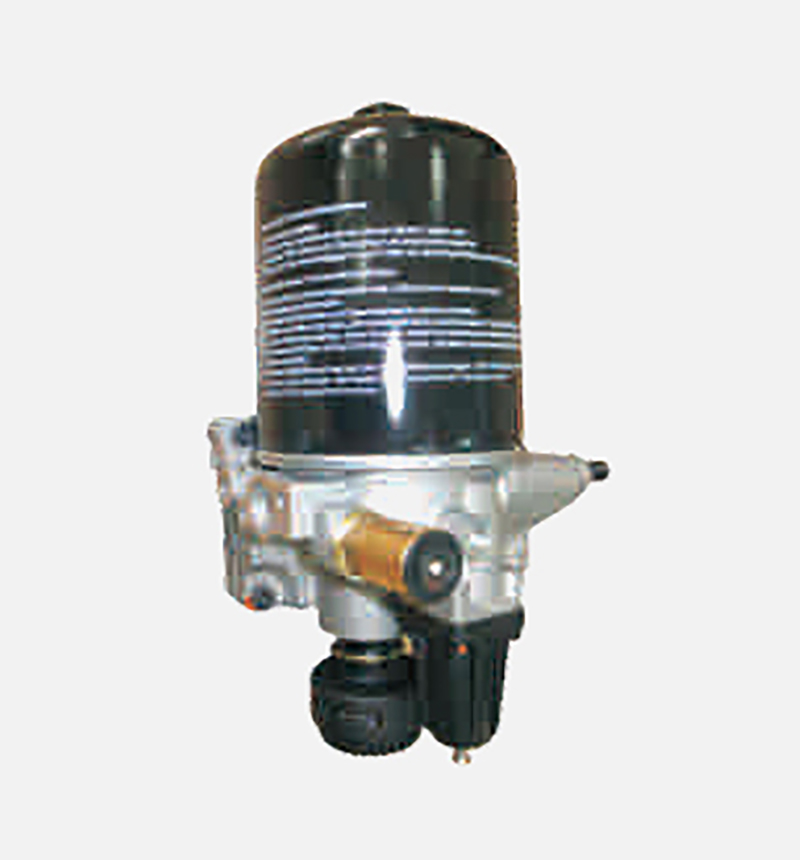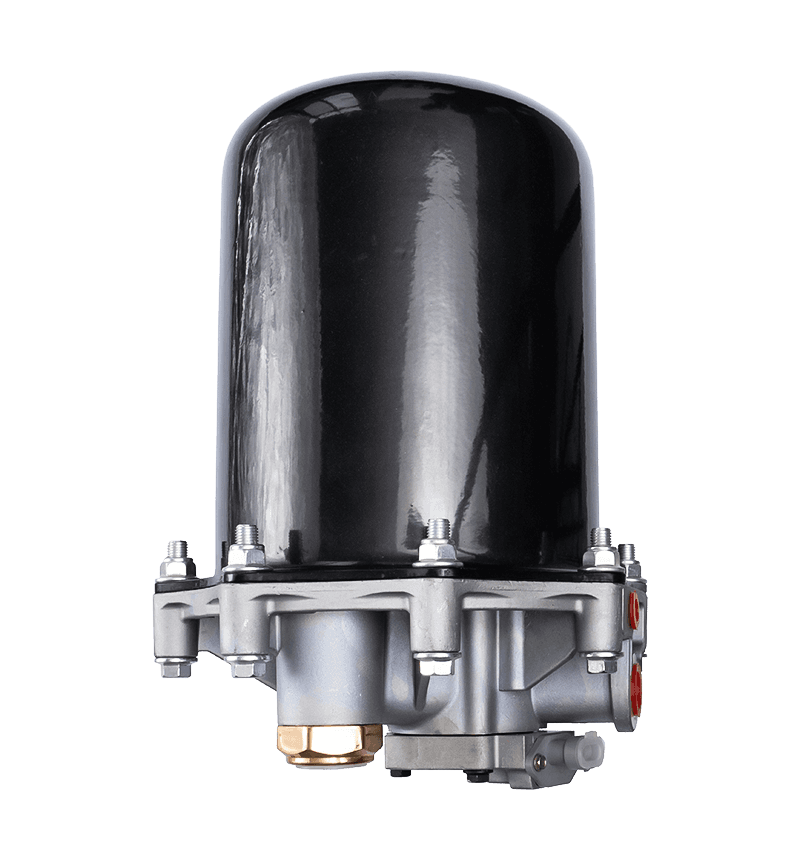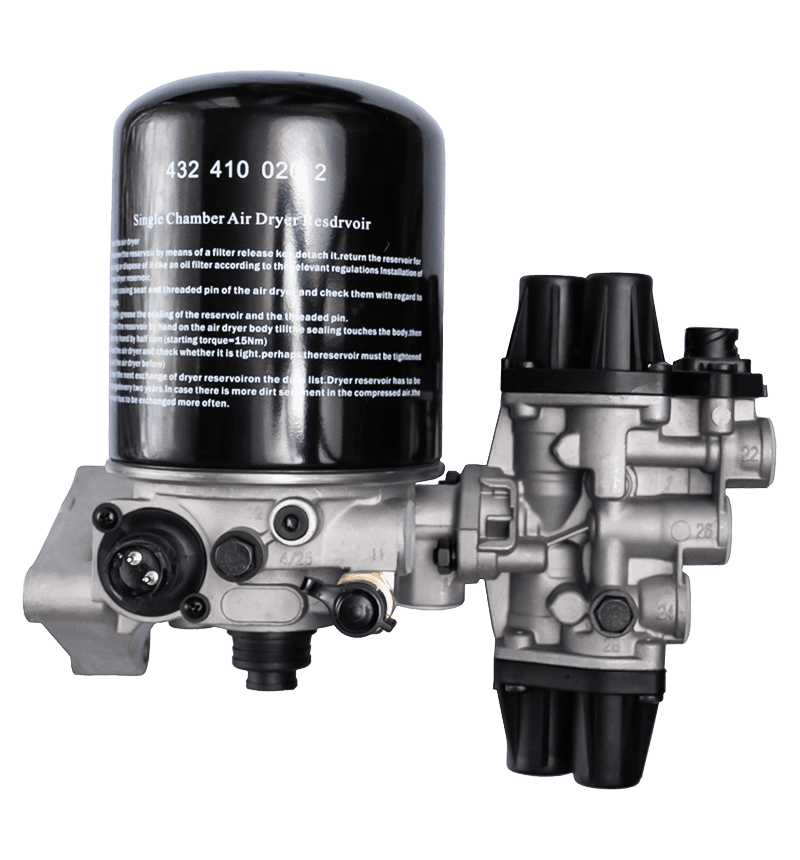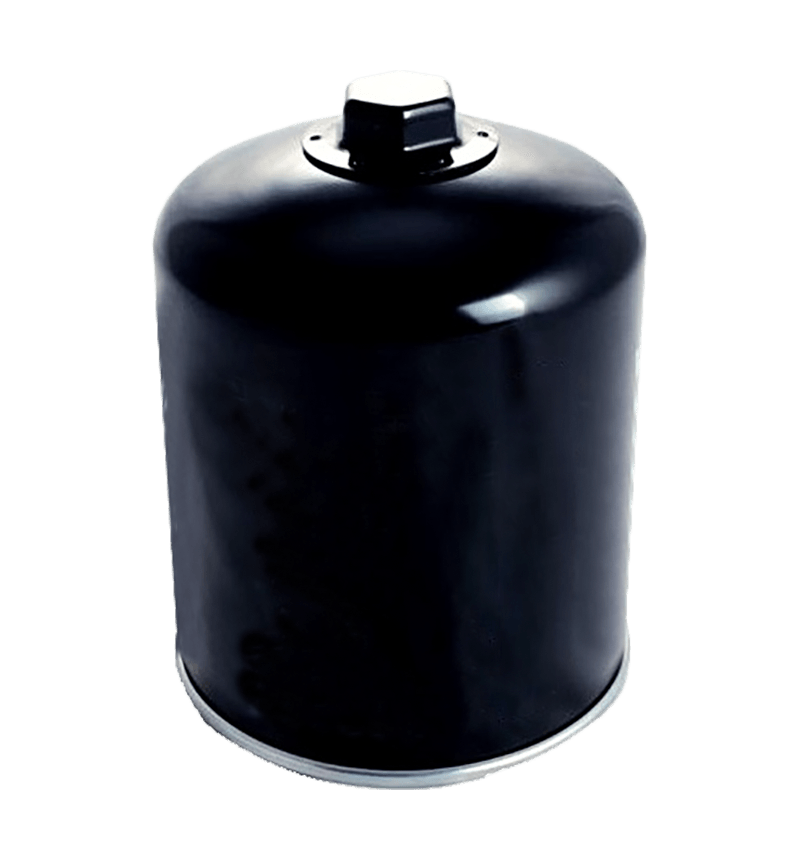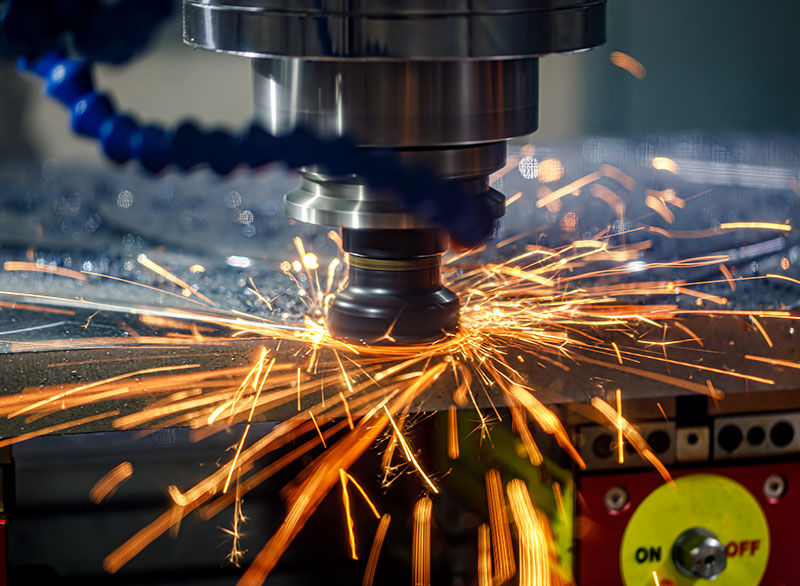1. Applications of Air Dryers
Air dryers are indispensable across a wide range of industries due to their ability to ensure the quality and reliability of compressed air systems. By removing moisture and contaminants, air dryers help maintain the integrity of processes and products.
a)Manufacturing: In the manufacturing sector, air dryers play a crucial role in maintaining the performance and longevity of pneumatic tools and machinery. Moisture in compressed air can cause rust and corrosion in metal components, leading to premature wear and potential equipment failure. Moisture can compromise the operation of control valves and actuators, resulting in inefficiencies and downtime. By ensuring dry air, air dryers help maintain the precision and reliability of manufacturing processes, enhancing overall productivity.
b)Automotive: The automotive industry relies heavily on compressed air for painting and coating applications. Moisture in the air can lead to defects such as blistering, fish eyes, and poor adhesion in paint jobs. These defects not only affect the aesthetic quality of vehicles but also their durability and resistance to corrosion. Air dryers provide the necessary dry air to achieve flawless, high-quality finishes. Air dryers are essential in the operation of pneumatic tools used in assembly lines, ensuring consistent performance and minimizing maintenance requirements.
c)Pharmaceutical: In the pharmaceutical industry, maintaining stringent environmental conditions is critical for ensuring product quality and compliance with regulatory standards. Moisture can affect the stability and efficacy of pharmaceutical products, especially in processes involving powder handling and tablet compression. Air dryers are used to supply dry air to cleanrooms, packaging areas, and process equipment, preventing contamination and ensuring the integrity of pharmaceutical products. The use of desiccant air dryers, in particular, helps achieve ultra-low dew points required for sensitive applications.
d)Food and Beverage: The food and beverage industry demands high standards of hygiene and product safety. Moisture in compressed air can lead to microbial growth, compromising product quality and safety. Air dryers are used in various stages of food processing, packaging, and storage to prevent moisture-related issues. For instance, dry air is essential for the operation of pneumatic conveying systems used to transport ingredients and products. Air dryers help maintain the integrity of packaging by preventing condensation inside packages, which can lead to spoilage and reduced shelf life.
e)Electronics: In the electronics industry, even small amounts of moisture can cause significant damage to sensitive components and circuits. Moisture can lead to short circuits, corrosion, and reduced performance of electronic devices. Air dryers are used to provide ultra-dry air for manufacturing processes such as soldering, coating, and testing of electronic components. Desiccant air dryers, which achieve extremely low dew points, are often preferred in these applications to ensure the highest levels of dryness and reliability.
2. Installation and Maintenance of Air Dryers
Proper installation and regular maintenance are crucial for maximizing the performance, reliability, and longevity of air dryers. By following best practices and adhering to manufacturer guidelines, businesses can ensure that their air drying systems operate efficiently and effectively.
Installation Considerations
a)Location and Environment: Selecting an appropriate location for the air dryer is essential to ensure optimal performance. The installation site should be well-ventilated and free from contaminants that could compromise air quality. It should also be easily accessible for routine maintenance tasks such as filter replacement and inspection.
b)Piping and Connections: Proper sizing and installation of piping are critical to minimize pressure drops and ensure consistent airflow to the air dryer. Use pipes that are compatible with the dryer’s flow capacity and pressure ratings. Ensure all connections are tightly sealed to prevent air leaks, which can affect dryer efficiency and increase energy consumption.
c)Electrical Requirements: Depending on the type of air dryer, electrical connections may be required for powering refrigeration systems, control panels, or monitoring devices. Ensure that electrical installations comply with local codes and safety standards to prevent electrical hazards and ensure reliable operation.
d)Ventilation and Heat Dissipation: Refrigerated air dryers generate heat during operation, which must be dissipated effectively to prevent overheating and maintain performance. Adequate ventilation around the dryer and proper clearance from walls and other equipment are necessary to facilitate heat dissipation and prevent recirculation of warm air.
Maintenance Practices
a)Regular Inspections: Scheduled inspections are essential to detect potential issues early and prevent unexpected downtime. Inspect air dryer components such as filters, valves, heat exchangers, and condensate drains for signs of wear, corrosion, or blockages. Address any issues promptly to maintain optimal performance.
b)Filter Replacement: Filters play a crucial role in removing contaminants and ensuring clean, dry air output from the dryer. Follow manufacturer recommendations for filter replacement intervals based on operating conditions and air quality requirements. Use high-quality replacement filters to maintain efficiency and prevent contamination of downstream equipment.
c)Condensate Management: Effective condensate management is essential to prevent moisture buildup and maintain dryer performance. Regularly drain condensate from collection points and inspect drain valves for proper operation. Consider installing automatic condensate drains to ensure timely removal of condensate without manual intervention.


 English
English Español
Español
